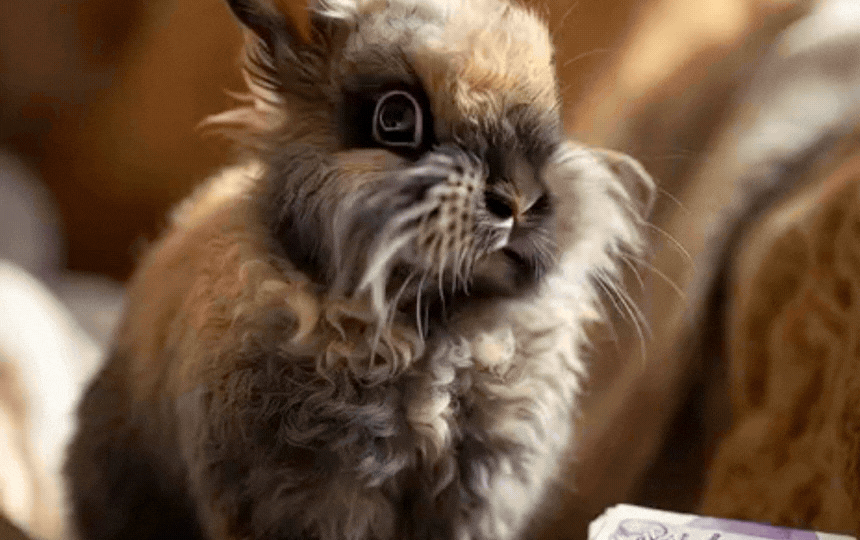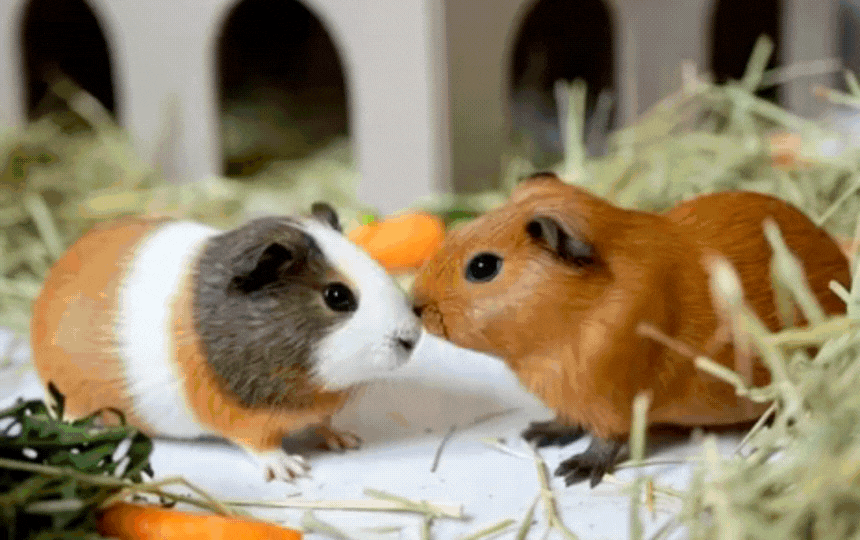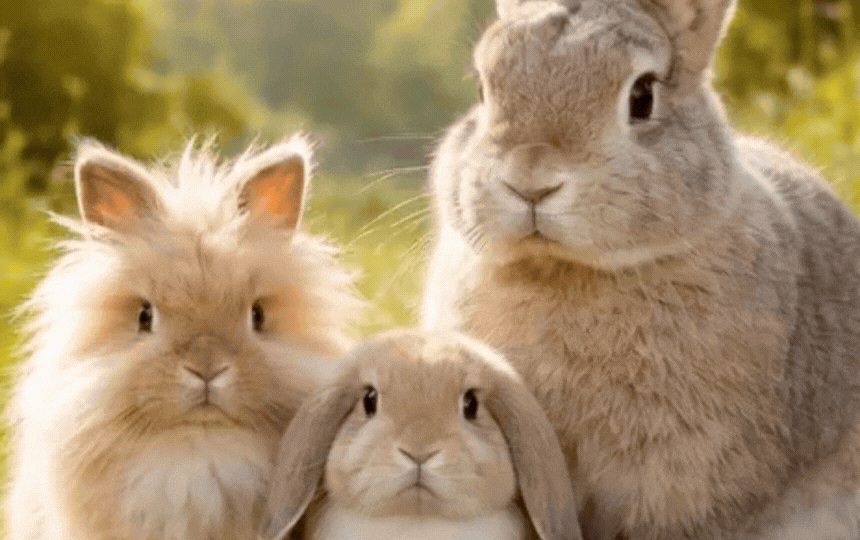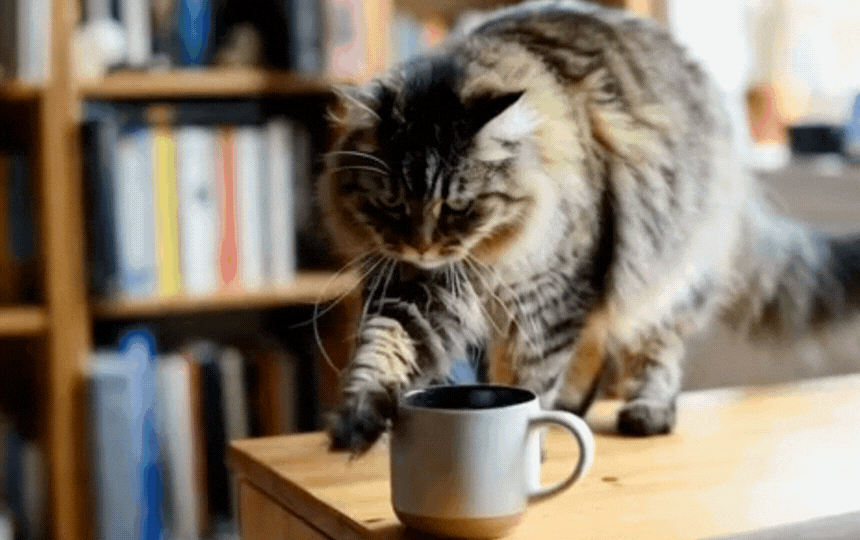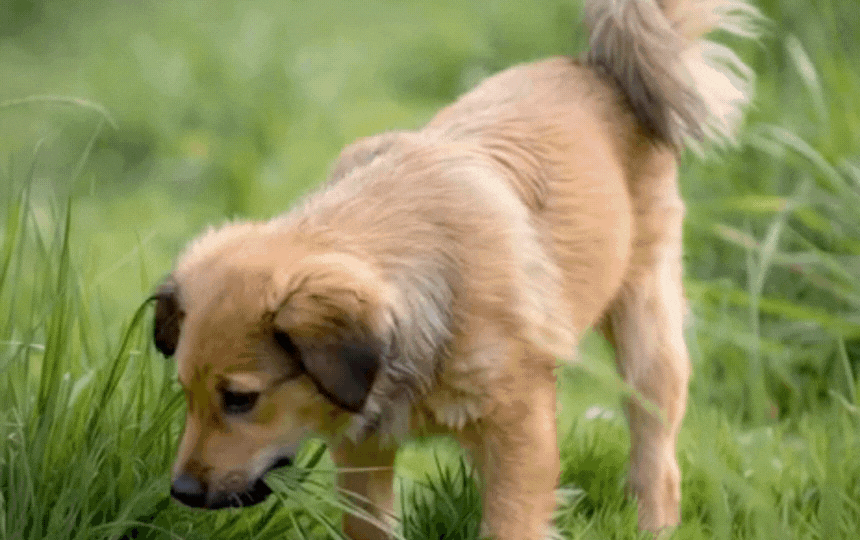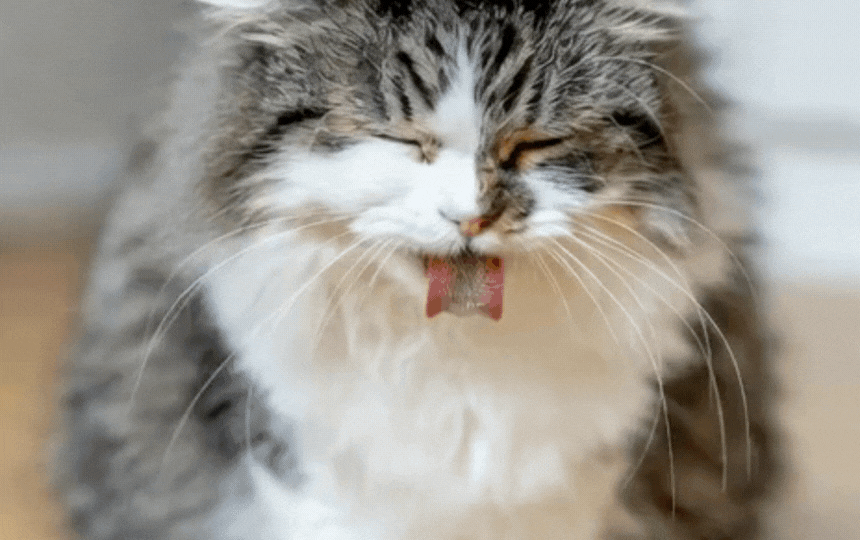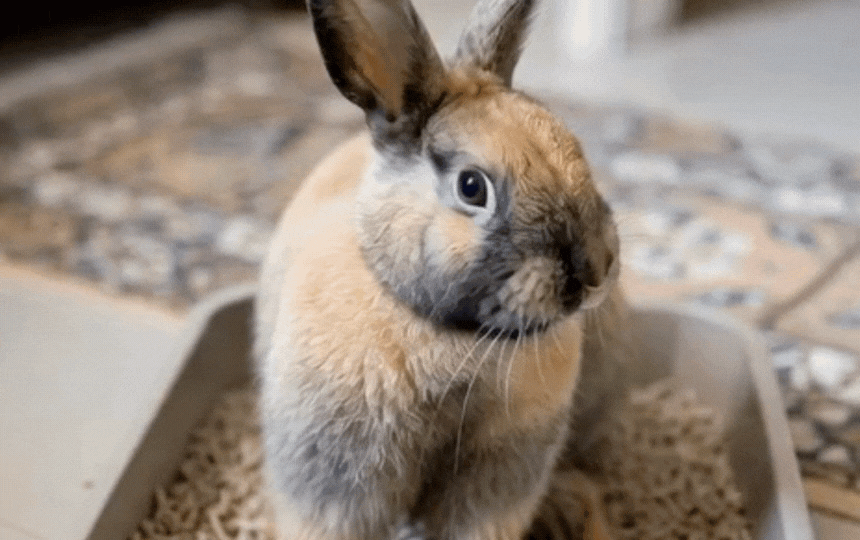Why do cats eat grass?
A Curious Feline Habit
Cats are fascinating creatures with a repertoire of intriguing behaviours, and one of their most perplexing habits is their tendency to nibble on grass. Whether you've witnessed your own feline friend partaking in this behaviour or have simply heard about it, you may find yourself wondering why cats indulge in something seemingly unconventional. In this blog post, we will delve into the fascinating world of feline grass-eating and explore the various reasons behind this intriguing behaviour.
Throughout history, cats have captivated our hearts and minds with their mystique and independence. However, their curious dietary habits, including their affinity for grass, often leave pet owners puzzled. Is it a nutritional necessity? A behavioural quirk? Or perhaps a combination of factors?
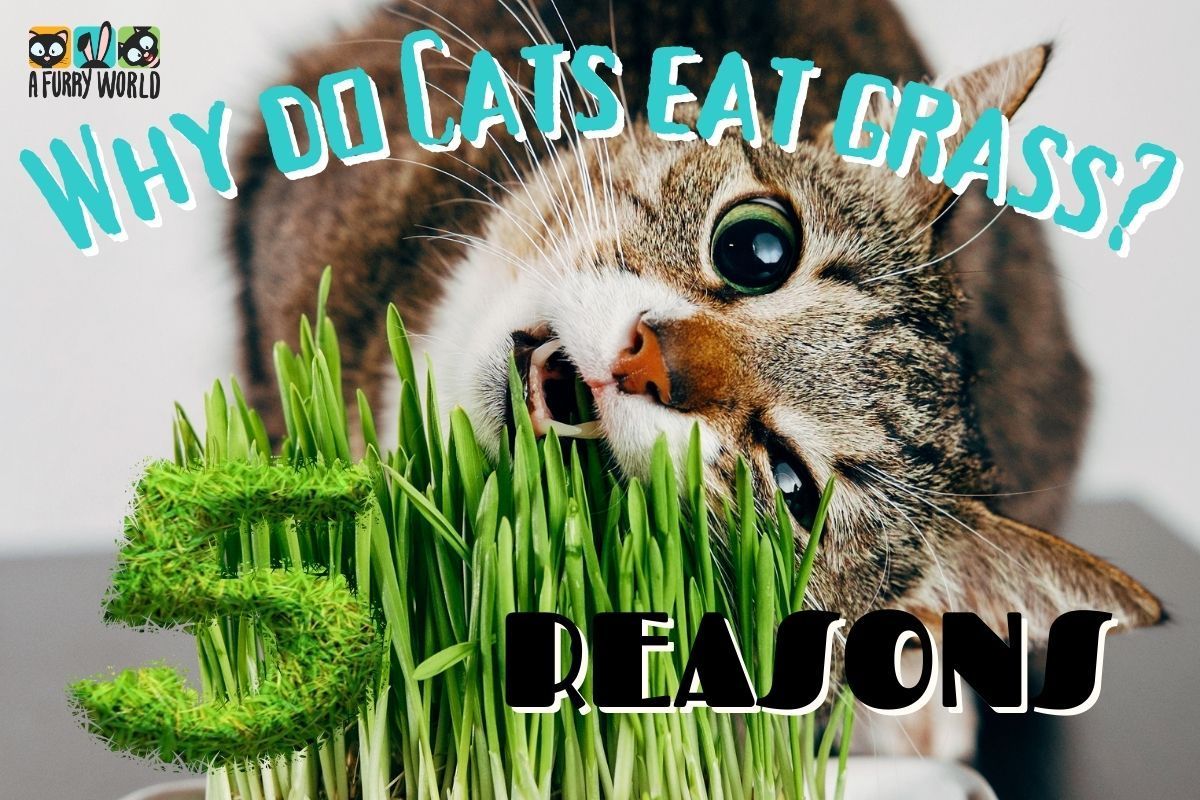
Cats are known to eat grass for several reasons here are 5
- Digestive Aid: Cats are obligate carnivores, which means their digestive systems are primarily designed to process meat. Eating grass can help them regurgitate indigestible material, such as fur or bones, and aid in the digestion process.
- Natural Laxative: Grass can act as a natural laxative for cats. It helps promote bowel movement and can assist in the elimination of hairballs, which are common in cats due to their grooming habits.
- Nutritional Supplement: Grass contains certain nutrients, including folic acid, which can be beneficial for cats in small amounts. By consuming grass, cats can supplement their diet with these nutrients.
- Behavioural Instinct: Cats' wild ancestors used to consume prey that may have already eaten grass. Therefore, some experts believe that the urge to eat grass could be an instinctual behaviour passed down through generations.
- Sensory Stimulation:
Chewing on grass may provide sensory stimulation for cats. The texture and taste of the grass can be enjoyable for them, similar to how chewing on toys or other objects can be satisfying for cats.
It's important to note that while eating small amounts of grass is generally considered safe for cats, it's essential to ensure that the grass is free from pesticides or harmful chemicals. Additionally, if your cat eats excessive amounts of grass or shows signs of distress or illness after eating grass, it's advisable to consult with a veterinarian.
The Behaviour of the Domestic Cat
Curious about cat behaviour? This book might interest you it describes feline behaviour from both a mechanistic and functional approach and provides an accessible overview of this fascinating subject.
The book is described as the essential source of cat behaviour information.
Author Dr John Bradshaw is a Visiting Fellow and Director of the Anthrozoology Institute at the University of Bristol, where he was formerly Reader in Companion Animal Behaviour and University Research Theme Leader for Animal Welfare & Behaviour.
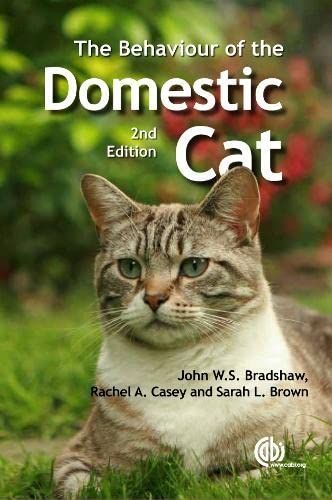
in conclusion
The question of why cats eat grass has fascinated pet owners and researchers alike. While the exact reasons may vary from cat to cat, there are several theories that shed light on this behaviour.
Firstly, consuming grass can act as a natural digestive aid for cats, helping them eliminate indigestible material and promoting healthy bowel movements. Additionally, it can assist in preventing the formation of hairballs, which are common among grooming cats.
Furthermore, grass may offer certain nutritional benefits to cats, such as the presence of essential nutrients like folic acid. Although cats primarily rely on a meat-based diet, consuming small amounts of grass can supplement their nutritional needs.
Beyond the physical aspects, the behavioural instinct inherited from their wild ancestors could also explain their grass-eating behaviour. Cats in the wild may have consumed prey that had already ingested grass, and this behaviour may have been passed down through generations.
Lastly, the act of chewing on grass provides sensory stimulation for cats, offering a satisfying experience similar to their other exploratory behaviours.
While cats eating grass is generally considered safe, it's important for pet owners to ensure that the grass is free from pesticides or harmful chemicals that could be detrimental to their feline friends' health.
Understanding why cats eat grass can help us appreciate their complex nature and instincts. It's a reminder of their connection to their wild counterparts and their unique dietary and behavioural needs.
So, the next time you spot your furry companion munching on grass, embrace their natural curiosity and take comfort in knowing that they are following an age-old instinct. Cats will continue to captivate us with their mysterious behaviours, and their grass-eating habit is just one of the many enigmatic aspects of their fascinating world.
Thank you for reading this post. We hope that you found it helpful and hope to you visit this page again soon. For more information, fun facts and cute photos, please follow us on social media. 🐰
THANK YOU
Thank you for reading this post. We hope that you found it helpful and hope to you visit this page again soon. For more information, fun facts and cute photos, please follow us on social media. ❤️
Disclosure & Disclaimer: Some of the links in this blog may be affiliate links, which means we earn a small commission if you click through and make a purchase. This comes at no additional cost to you but helps support the continued production of content. We only recommend products and services we believe will add value to our audience. The content provided is solely for informational purposes. Any advice provided is based on personal experience and research and may not be suitable for everyone. Before implementing any advice, please consult with a professional to ensure it's appropriate for your specific situation. Thank you for your support.

